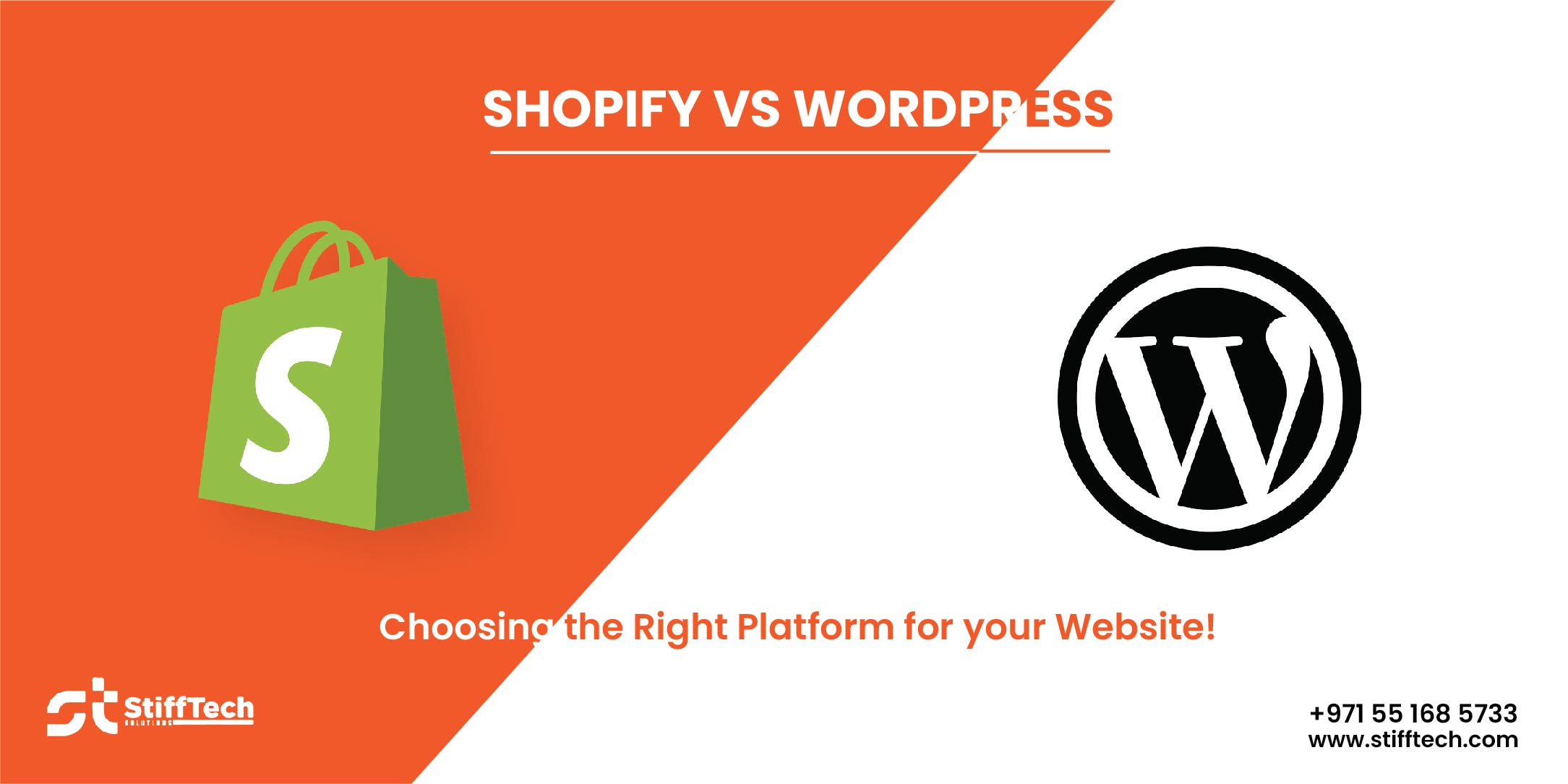
How to Use DeepSeek for Digital Marketing
The rise of AI has transformed the way businesses approach digital marketing. Tools like DeepSeek make it easier to analyze

In the ever-evolving landscape of online business, choosing the right platform for your website is crucial. Two popular options, Shopify mainly Shopify website design and WordPress, offer distinct advantages and cater to different requirements.
Businesses looking to accelerate their e-commerce projects can benefit from outsourced product development, ensuring that their Shopify store is professionally designed, scalable, and ready for market deployment. As a dedicated e-commerce platform, Shopify is tailored to meet the needs of online businesses of all sizes, offering an intuitive interface and a host of built-in features to streamline store management. Here are some key features:
Shopify boasts an intuitive interface, making it easy for beginners to set up and manage their online stores without extensive technical knowledge.
Shopify comes equipped with a range of built-in features essential for e-commerce, such as product listings, inventory management, and order processing. These features are seamlessly integrated into the platform, eliminating the need for users to rely on third-party solutions for basic functionality.
Shopify’s App Store offers a plethora of third-party apps and plugins to enhance your store’s functionality. From marketing tools to customer support solutions, there’s an app for almost every aspect of e-commerce.
With an increasing number of consumers shopping on mobile devices, Shopify ensures that its interface is fully optimized for mobile responsiveness. Users can manage their store on the go using Shopify’s mobile app, which offers a similar user experience to the desktop version.
WordPress, on the other hand, is a versatile content management system (CMS) that powers a significant portion of the internet. While not solely focused on e-commerce, WordPress offers extensive customization options and a vast ecosystem of plugins. Here’s what sets it apart:
WordPress allows for unparalleled flexibility in website design and functionality. With thousands of themes and plugins available, you can create a highly customized website tailored to your specific needs.
As a CMS, WordPress excels at managing various types of content beyond just e-commerce products. Whether you’re running a blog, a portfolio site, or a combination of both, WordPress provides the tools you need to organize and publish content effectively.
WordPress is renowned for its search engine optimization (SEO) capabilities, with numerous plugins available to help optimize your site for better visibility in search engine results.
While WordPress itself is free, you may incur costs for hosting, premium themes, and plugins. However, compared to Shopify’s subscription-based model, WordPress can be more cost-effective in the long run, especially for larger websites.
Consider consulting WordPress development agencies to build custom themes, plugins, and enterprise-level solutions that match your long-term goals.
When deciding between Shopify and WordPress, consider the following factors:
If your primary goal is to sell products online and you value simplicity and convenience, Shopify may be the better choice.
If you require extensive customization and flexibility in design and functionality, WordPress offers a more tailored solution.
Assess your budgetary constraints, including initial setup costs and ongoing expenses, to determine which platform aligns with your financial goals.
Consider your long-term goals and scalability requirements. Shopify can accommodate growing businesses with its scalable infrastructure, while WordPress provides endless possibilities for expansion and customization.
Ultimately, the decision between Shopify and WordPress depends on your specific needs, preferences, and resources. Both platforms offer robust solutions for building and managing websites, so weigh your options carefully to make an informed choice that sets your online presence up for success.
Shopify excels as an e-commerce platform, offering simplicity, reliability, and dedicated e-commerce features. WordPress, on the other hand, offers unparalleled customization options and versatility, making it suitable for a wide range of website types beyond just e-commerce.
As the digital landscape continues to evolve, it’s crucial to choose a platform that can adapt to changing trends and technologies. Both Shopify and WordPress have demonstrated their ability to evolve with the digital landscape, but their approaches differ:
By selecting a platform aligned with your goals and adaptable to the evolving digital landscape, you can establish a resilient online presence capable of meeting the demands of the future.
In conclusion, the journey toward an impactful online presence involves a thoughtful consideration of platform capabilities, individual goals, and the evolving digital landscape. Whether opting for the simplicity of Shopify or the versatility of WordPress, the key lies in aligning your chosen platform with your unique aspirations to pave a tailored path toward online success.

The rise of AI has transformed the way businesses approach digital marketing. Tools like DeepSeek make it easier to analyze

You’re about to create a content marketing strategy. It’s 2025, and you need a solid plan to drive leads. The

You’re about to launch a marketing campaign. To ensure it’s effective, you’ll want to run an A/B test. You’ll need